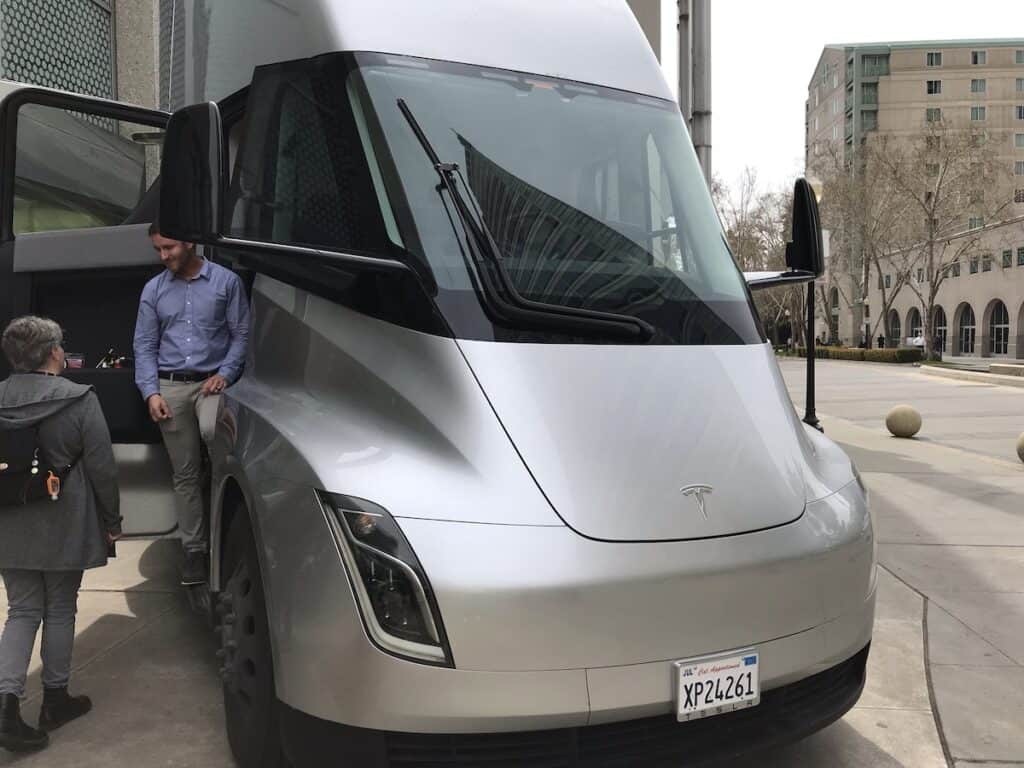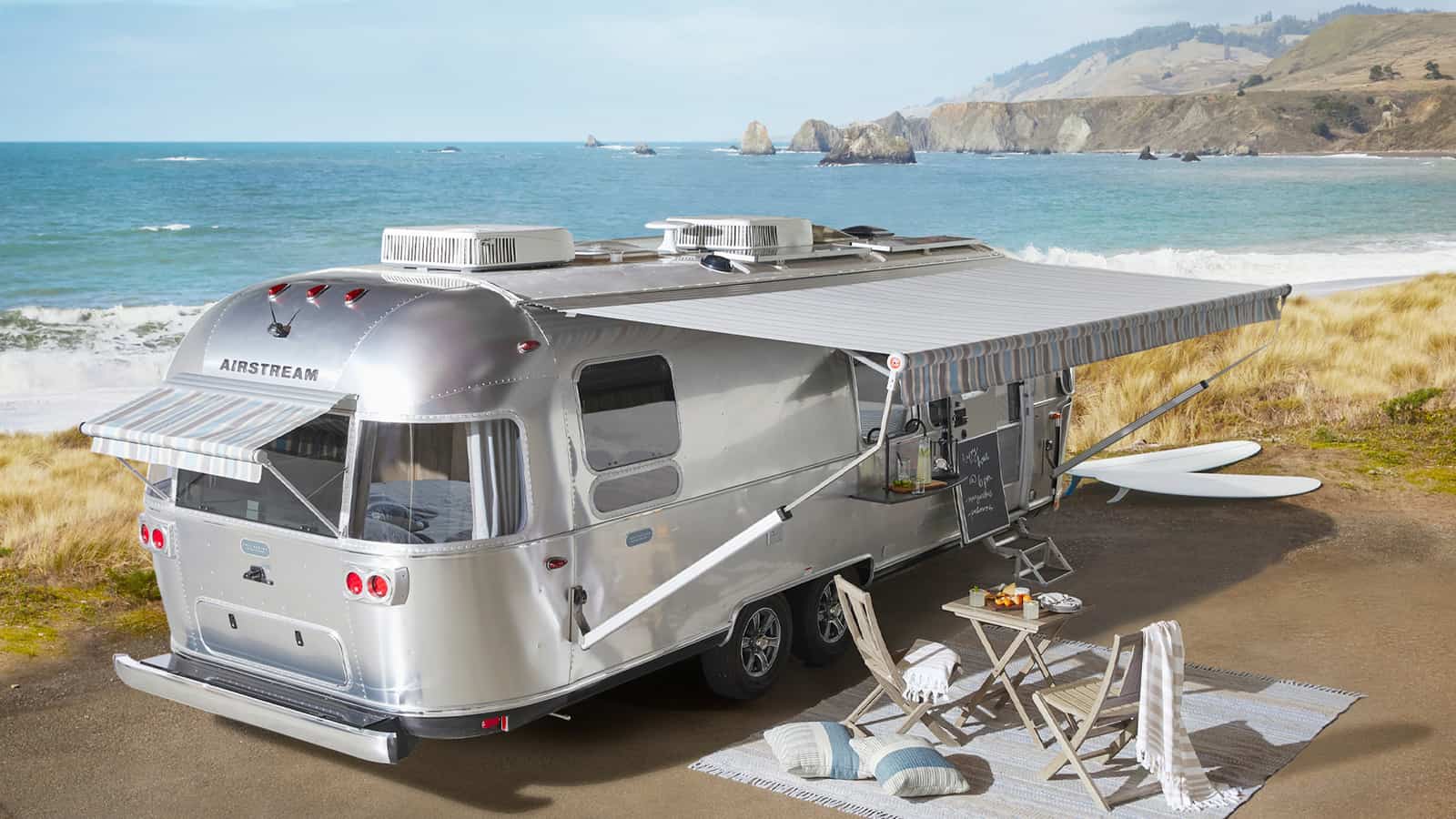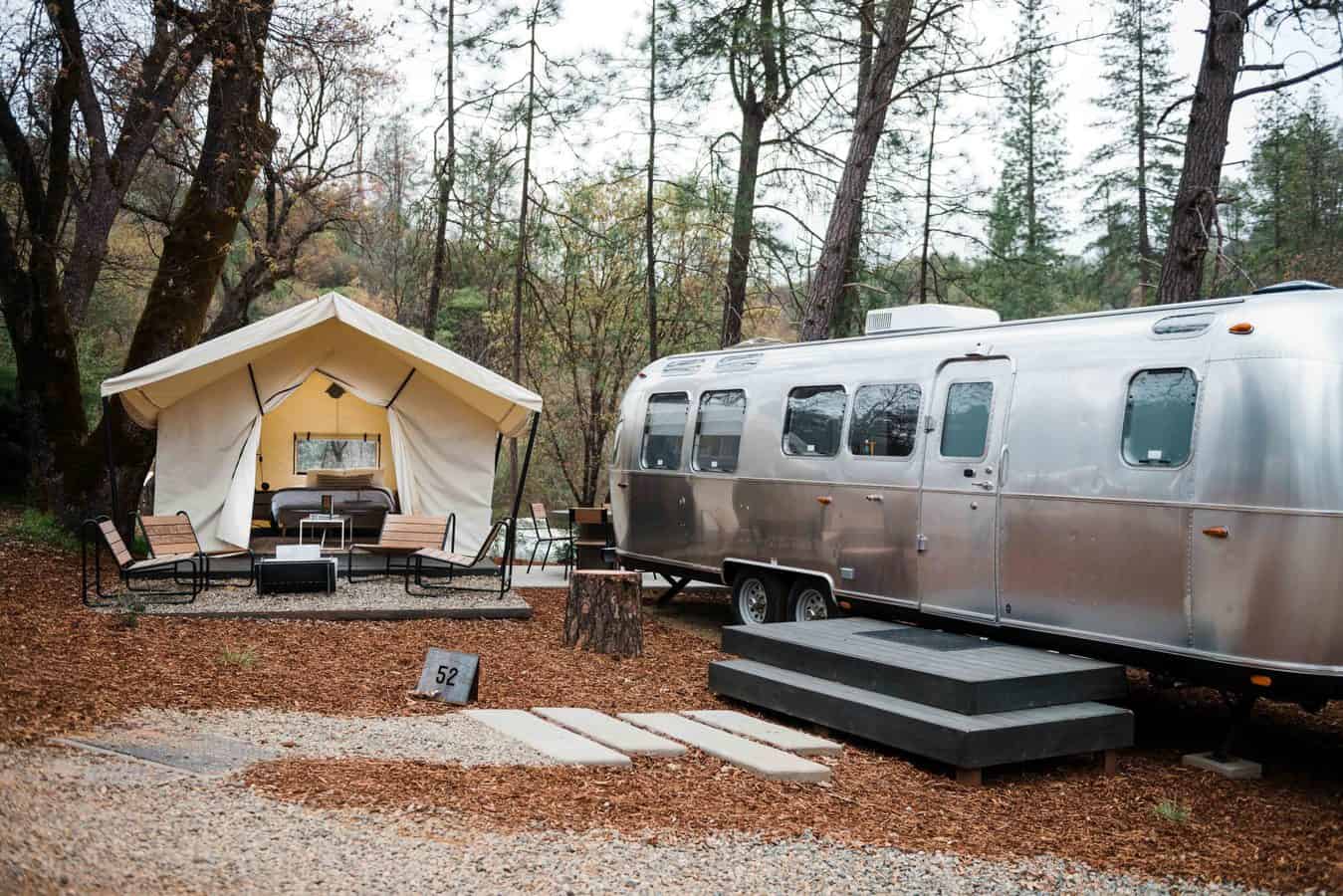
The Best Concepts For Self Driving RVs
Imagine this future RV trip: You’ll use voice recognition technology to instruct your RV to go to a destination right before you go to bed. When you wake up, your RV has taken you wherever you told it to go. If that sounds futuristic, it is. But a future where your RV drives itself wherever you tell it to go is apparently not too far off. Several RV manufacturers are now working on self-driving RV designs that will work with new and existing technology.
Self-driving RVs are getting closer to being a marketable and safer product than ever before. Some manufacturers are even saying they’ll have self-driving RVs on the market as soon as 2030. However, how soon self-driving RVs become market available does not only depend on advancements in technology. Manufacturers also need to get them built with current supply chain disruptions and a lack of human resources. It may be more than 10 years before we can let our RVs take us on a tour of the countryside. But it looks like self-driving motorhomes are already on the way.
Hymar’s Galileo
In 2019, the German company Erwin Hymar introduced a revolutionary new concept RV. The Galileo was one of the most revolutionary technological innovations in the RV world to date. Erwin Hymar’s concept vehicle really epitomized what the future of RVing could be like.
This self-driving, glass-sided rig could cruise along while acting as a tour guide. Families could do anything they wanted, such as point out special sights along the way, while the Galileo drove itself. This spacious, well-appointed RV would have everything a traveler needed to be comfortable. Even though it was classed as a motorhome, it didn’t look like anything else on the road today.
What’s happening with the Galileo today?
While the Erwin Hymer Group continues to perfect the details of Galileo, the company is waiting on things like expansion of infrastructure including separate lanes for autonomous vehicles as well as the universal availability of 5G networks.
Continuous access to 5G is necessary because the RV’s self-driving features depend on it to operate safely. Erwin Hymar Group also says that while they continue to work on developing the customer optimization features that make the Galileo so intriguing, including detecting low branches and temporary hands-off capabilities, technology development is very expensive, but it will probably happen within the automotive industry.
For now, the company will be exploring how they can use some of Galileo’s systems to provide real-life value for RV owners. It certainly gave RV manufacturers who were looking to develop self-driving RVs some great ideas to get started with.
“From a public roads regulatory perspective, we have to wait and see what politics will allow us to do in the future. It will still take some time until the type approval requirements are set and met, and the infrastructure expansion is completed – this includes the 5G network and possibly roads with a separate lane for autonomous driving. Once the technological and regulatory hurdles are cleared, the Erwin Hymer Group will be ready.”
THERESA HÜBSCHLE
Leitung Corporate Communications
Tesla Semi
Tesla launched its Semi in February 2022. The Tesla Semi is an all-electric truck that can auto-pilot itself for 500 miles between charges. The Semi will have a towing capacity of over 80, 000 pounds. This rating is more than enough to carry the weight of a motorhome on the back.
According to Tesla:
“Semi is the safest, most comfortable truck ever. Four independent motors provide maximum power and acceleration and require the lowest energy cost per mile.”
This is exciting news for RV manufacturers like Winnebago who may be interested in using the Tesla Semi as a platform for electric motorhomes.

Vanlifer
Van conversion company Vanlifer (not to be confused with the popular Vanlifers blog) thinks the Semi will make an ideal platform for an all-electric motorhome. Vanlifer introduced their concept motorhome built on a Tesla Semi platform in 2019 and is now waiting for Tesla to have Semis available on the market.
Tesla is promising to have the big truck available by the end of 2022. Vanlifer was waiting for the Semi’s release before they could plan any builds. However, the development of infrastructure to accommodate self-driving RVs will still be necessary before they can be safely put on the road. It’s exciting to see the first stages happening now with the release of the Semi.
The enhanced autopilot also has us really excited as it means the driver has more time to take in the scenery of the drive, rather than worrying about the driving itself.
Jason H. – Vanlifer
Self-driving RVs won’t be on our roads until safety concerns are addressed and necessary infrastructure is developed, but they are certainly going to be part of the future of the RV industry.
One of the best parts about RVing is engaging with the community of traveling enthusiasts. iRV2 forums allow folks to chat with other RVers online, and get other perspectives on everything RVing, including products, destinations, RV mods, and much more.
Related articles:





There have been some killed in crashes, and at least one pedestrian killed. Also, one ran into a white semi-truck at full speed, because it apparently thought the road was clear, killing the car driver.
They may eventually have them, but I won’t ride in one.
That can’t anything that does not fall apart in 6 months but are prepared to venture into sel driving. Slow down and build 1 that last 2 years. Then attempt to make a roof that doesn’t leak. One step at a time.
Looking forward to tearing out the electrical motor and battery, and putting a Diesel engine in it, it’ll be really exciting then! Still less than 2% of all vehicles sold the United States are electric, let alone an RV! No matter how hard the EV crowd is pushing their green agenda, people aren’t buying it! Most of us don’t even like electric golf carts, let alone trying to destroy our power grid with useless EV vehicles/toys.
As a retired technician who worked repairing micro processor controlled devices I never want to see autonomous vehicles of any kind on the roads. Think about how many times your computer or any other micro processor controlled device in your home failed unexpectedly, would you like that to happen at 60 miles per hour?
Put us down for Beta-testing!
This article reminds me of the Popular Science articles of the early 60’s that kept saying that flying cars are right around the corner — “any day now”. This is particularly amusing: “the company is waiting on things like expansion of infrastructure including separate lanes for autonomous vehicles”. To put that into perspective, CA Dept of Transportation has been adding 2 new carpool lanes to I-5 in Burbank. They’ve been working on it 24/7 for over 5 years — for a 5-mile stretch. Good luck on that RV lane.
What is wrong with this country, everyone is thinking we need to get away from fossil fuels. Where do they think electricity comes from to charge these EV’s, it doesn’t just fall out of the sky, it comes from fossil fuel fired power plants. It takes fossil fuels to make plastic components inside these vehicles, and even to build the towers for wind turbines. Even the batteries use fuel to build them, I don’t understand the thinking behind all this saving the world crap. Can someone answer some of these questions for me?
“Self-driving RVs won’t be on our roads until safety concerns are addressed”
That didn’t stop Tesla